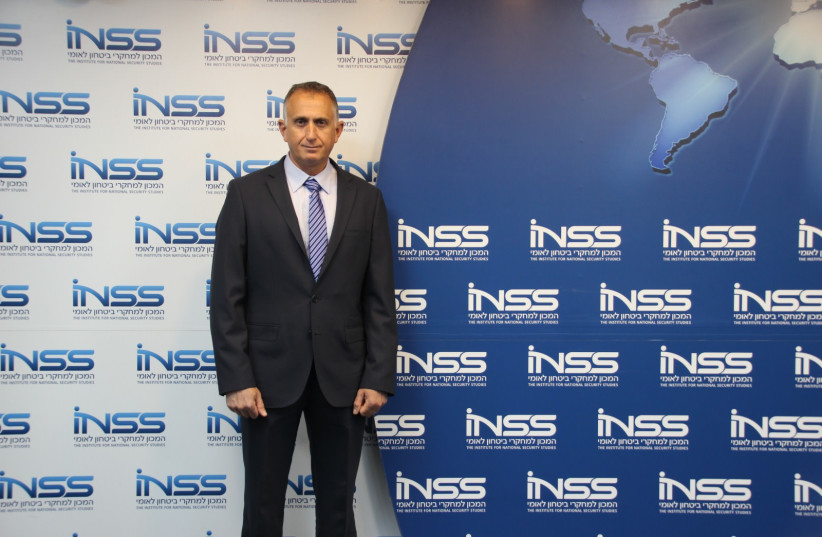Former Israeli Colonel (res.) Tamir Hayman, who served as former head of the National Security Agency and director of the Institute for National Security Studies, was interviewed Monday on Ben Caspit's Vinon Magal program on 103FM regarding the drone strike at a military factory producing ammunition in Isfahan, Iran, as well as the nuclear agreement.
"This attack in Isfahan is important, regardless of who carried it out, because very important security infrastructure is concentrated in Isfahan – also in the context of the nuclear program," Hayman said at the beginning of his remarks.
"There is a factory there for converting uranium and also a factory for the production of advanced centrifuges, as well as a factory for missiles and UAVs. In this case, apparently what was damaged was the missile factory," Hayman continued.
“America doesn't want to pay the price for other people's meals," Hayman added. "If they didn't carry out the attack, they're not willing to pay the price for it. When they do things, they have no problem bearing the reaction,” Hayman explained regarding the potential culprit of the attack, which US officials said was an Israeli attack.

Hayman’s thoughts on the Iran nuclear deal
Hayman also answered questions regarding the Iran nuclear deal, which was shelved in 2018 when Trump took office and has yet to be reinstated, despite efforts from both sides.
"Six months ago it was still true and relevant to return to the nuclear agreement. Since then, two very serious things have happened that simply do not allow this. First, the Iranian involvement in the war alongside Russia, which placed it on the opposite side of the liberal democracies,” explained Hayman.
“The second thing is the violent and brutal suppression of the demonstrations that took place throughout Tehran. If the agreement had been signed a year ago, we would now be in a better reality in terms of the Iranian nuclear capabilities, which are in an unprecedented state. In fact, Iran is literally a minute away from being a nuclear threshold state.”
103FM asked the expert what the ramifications of ending talks with Iran could be: if the nuclear agreement has been scrapped, then what now?
“We at the Institute for National Security Studies, in the strategic assessment we presented to the (Israeli) president, recommended the last dramatic step that is still left in the Western toolbox – to destroy the nuclear agreement completely by a European withdrawal from it,” Hayman explained.
“This is a step It is serious that he will reinstate the Security Council sanctions. There is a real American concern to support this move because they fear that the Iranian response will be (uranium) enrichment to 90% or another unusual figure," declared Hayman.
Towards the end of the interview, Hayman referred to the drama between Defense Minister Galant and Minister Smotrich regarding the powers in Judea and Samaria. "This is a very bad incident. As someone who was a brigade commander in Judea and Samaria during the Second Intifada, the ability to concentrate all powers under the authority of one commander is a winning recipe,” explained Hayman. “The fact is that when you dismantle it, it means dismantling something that worked for years and defeated terrorism, and will cause a weakening that will create complexities.”
